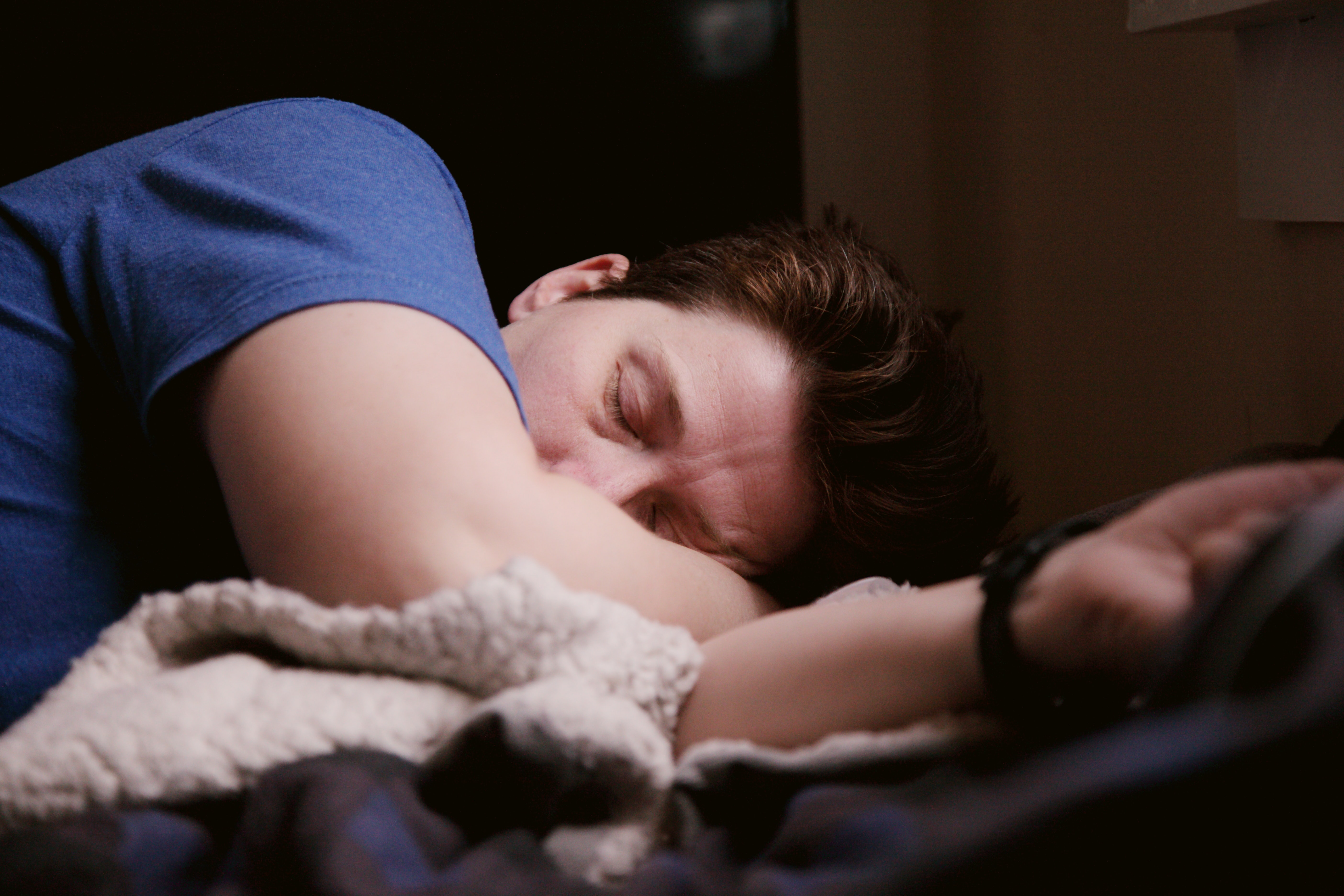OSA can have negative effects on overall health, including cardiovascular diseases, diabetes, and depression.1
Overnight oximetry screenings can be an essential part of the diagnostic process for OSA. During an overnight oximetry screening, a small device is worn on the finger to measure oxygen levels in the blood. This device can track changes in oxygen levels throughout the night, including drops in oxygen levels that occur during periods of interrupted breathing, also known as apnea episodes. Your prescribing healthcare provider will determine if an overnight oximetry test is appropriate for you. A prescription is required for the test to be completed.
The data from an overnight oximetry screening can give a prescribing healthcare provider vital information about a patient’s sleep patterns and breathing behaviors. If significant drops in oxygen levels are observed, it may indicate the presence of OSA. This information can guide further testing, such as a full polysomnography sleep study for an official OSA diagnosis.2 Early diagnosis and treatment of OSA is crucial for preventing complications and improving health-related quality of life.
In addition to helping diagnose, overnight oximetry screenings can also be used to monitor the effectiveness of treatment. Regular oximetry screenings can track changes in oxygen levels and respiratory events over time, helping healthcare providers evaluate the effectiveness of oxygen and PAP therapy or other interventions.3
Overnight oximetry screenings are a key tool in the diagnosis and management of respiratory diseases like OSA. By measuring oxygen levels throughout the night, these screenings provide physicians with critical information about the presence of suspected sleep apnea, guiding appropriate testing and treatment options in efforts to prevent further health complications.
1 https://consultqd.clevelandclinic.org/beyond-heart-health-consequences-of-obstructive-sleep-apnea/
2 https://www.verywellhealth.com/overnight-oximetry-is-a-commonly-used-screening-test-3015119
3 https://rtmagazine.com/disorders-diseases/sleep-medicine/pulse-oximetry-essential-in-diagnosing-sleep-apnea/


